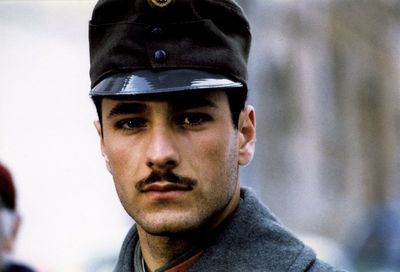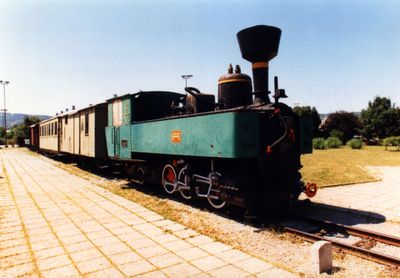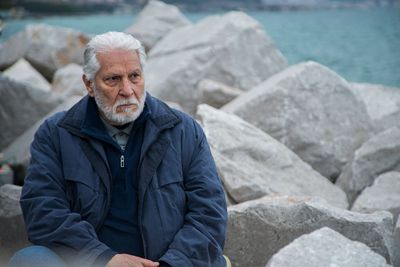Rome: a retrospective in the Italian capital

At the crossroads where paths meet, where the East encounters the West, where histories touch and memories flow into new perspectives, a space for cinema opens once again. The East / West retrospective, which in 2025 travelled across much of Eastern Europe — from Germany, Austria, the Czech Republic, Slovenia, Croatia, Serbia, and Kosovo to Romania and Hungary — will return westward in December. It will conclude its journey with two carefully selected stops at the heart of European culture: first in Berlin (22–26 November), and then in Rome (6 and 7 December).
At Rome’s Cinema Nuovo Aquila, an architectural gem of Rationalism nestled in the lively Pigneto district — a neighbourhood Pasolini loved to capture with his camera — we will present the newly digitised copy of The Border, a film by director Franco Giraldi (digitisation by the Centro Sperimentale di Cinematografia). The screening will be introduced in the presence of a special guest: the remarkable Giancarlo Giannini, the film’s lead actor.
On Sunday, 7 December, the retrospective will continue with two precious works: the short film Abyssinia by the great master Karpo Godina, and the feature film Rosa by Katja Colja, presented in the theatre by the director and members of the cast.
PROGRAMME

Saturday, December 6
21.15
The Border
Franco Giraldi, 1996, 107’, Italy
Presentation: Donatello Fumarola and Mateja Zorn (co-curator of the rertospecitve)
Special guest: Giancarlo Giannini (protagonist of the film)
The film follows the parallel stories of two young Dalmatians: Habsburg officer Emidio Orlich deserts in the winter of 1916 to fight alongside the Italians against Austria; in the summer of 1941, Lieutenant Franco Velich of the Italian army returns to his birth island, which is also Emidio's birthplace. He returns as an Italian officer recovering from battles in North Africa. The island, once part of Yugoslavia, is now occupied by the Italian army, a situation Franco experiences uncomfortably. While staying on the island, he clashes with Emidio's mother and niece, whose story was told to him by Simeone, a wise old man who looks at the current situation with detachment, but with little hope. The film explores the issue of identity as something violently imposed.

Sunday, December 7
18.30
Abyssinia
Karpo Godina, 1999, 17’, Slovenia
In 1900, construction began on the 123-kilometer narrow-gauge railway line from Trieste to Poreč. On December 15, 1902, the line was officially opened. People gave it three names: La Parenzana, Porečanka, and Porečka. In 1935, Italy shut down the railway and sold it off. The tracks were loaded onto a ship for wartime needs and taken to Abyssinia. Somewhere in the Mediterranean, the ship sank with all its cargo. Along the route of the former railway, only the stations remain. Some now stand in one country, some in another, while people continue to tell stories about the Porečanka.

Rosa
Katja Colja, 2019, 80’, Slovenia / Italy
The film will be introduced by the film director and the cast.
The film is an intimate drama about an elderly couple with adult children. The protagonists, Igor and Rosa, live under the same roof but have long ceased to share a life together. They experience the traumatic death of their daughter separately: he still dares to go on living, while she does not—until events bring them back together once again.



